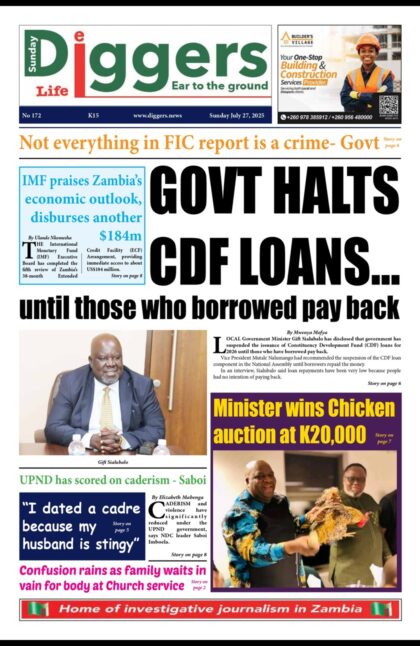MINISTRY of Local Government and Rural Development Permanent Secretary for Administration Maambo Hamaundu says the Lusaka City Council has not increased property rates by 300 percent but has merely proposed it. He adds that people can still object to the proposal. Various stakeholders, including the Zambia Association of Manufacturers (ZAM), have expressed concern over what they term as arbitrary increases in council fees and rates by municipalities. In a statement, Monday, ZAM president Ashu Sagar said the actions were imposing a significant burden on businesses already navigating a challenging economic environment. “The Zambia Association of Manufacturers (ZAM) expresses its deep concern over the recent arbitrary increases in council fees and rates by municipalities, particularly in Lusaka. These actions are imposing...


















